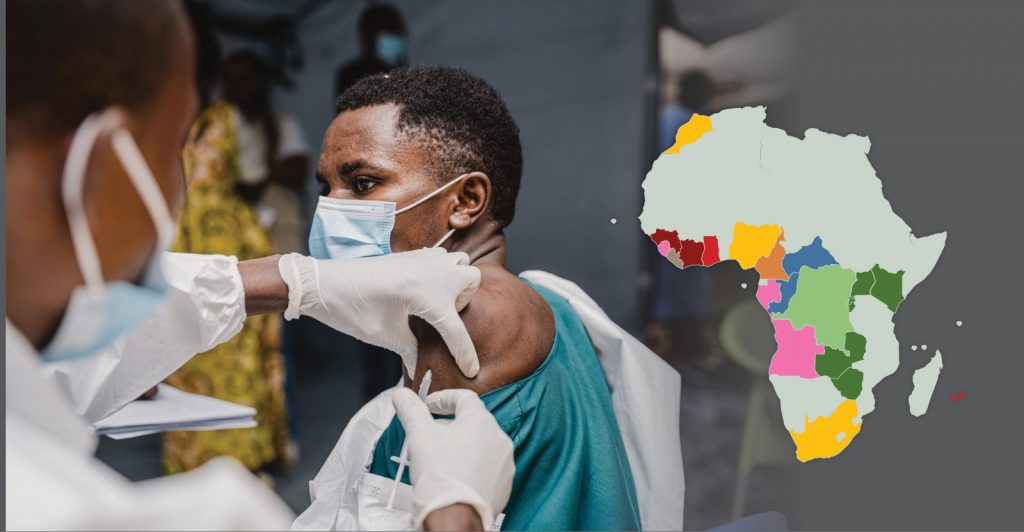In April this year, IMST conducted a mission in Sierra Leone and found that the country’s health system was overstretched and overcrowded, with grossly inadequate bed capacity to accommodate more than 1,000 patients in mpox treatment facilities
Sierra Leone is the latest addition to the Incident Management Support Team (IMST) list of the most mpox-hit nations. Skyrocketing cases are triggering concern across Africa.
Sierra Leone recorded its first case on January 10, 2025. Immediately after, Minister of Health Dr Austin Demby declared a Public Health Emergency, saying at the time the move was necessary to prevent the virus from further spreading.
During a recent online weekly media briefing, Dr Ngashi Ngongo, who leads Africa CDC’s mpox IMST, said cases are down in the main hotspots in the region’s outbreak countries, such as Burundi, Uganda, and the Democratic Republic of the Congo (DRC). “We’ve started now seeing also some light at the end of the tunnel,” he said.
Sierra Leone reported a rising number of confirmed mpox cases, with over 200 new confirmed cases reported in April, highlighting the increased transmission in the country. In early May, it had half of Africa’s confirmed cases, with its outbreak expanding over the past six weeks and cases rising 71% last week compared to the week before. The country was averaging about 100 new cases a day, he said.
“Of great concern is that in just one week the number of notified cases has increased by 71 percent, and the number of confirmed cases has increased by 61 percent. That is to say that it is really an epidemic that is on the upward trend,” said Dr Ngongo. “We are still concerned about the exponential growth in Sierra Leone.”
Sixty-eight percent of patients are male, mostly 30 to 35 years old, said Dr Ngongo. Seven percent of the illnesses are in people who have HIV, a high-risk group seen in other African countries during the outbreak.
In April this year, IMST conducted a mission in Sierra Leone and found that the country’s health system was overstretched and overcrowded, with grossly inadequate bed capacity to accommodate more than 1,000 patients in mpox treatment facilities.
Dr Ngongo said the treatment centres in the country only had 60 mpox isolation beds and most of the patients were receiving home care, which makes it difficult to ensure compliance with isolation.
He said this was why about 800 active cases are currently being managed through home-based care. “But at the same time, there’s also a huge challenge related to the home-based care, that is, there’s very low isolation compliance. It’s very difficult to maintain people in their homes. They tend also, despite being isolated, to continue participating in social activities and then exposing more members of the community to the virus,” he said.
The assessment also revealed that surveillance in Sierra Leone is mostly passive surveillance. “That is why the positivity rate is far above 50 percent. It means that the people come when they are already very advanced. They come on their own to seek care, instead of being found through active surveillance that can pick them up early and shorten the exposure of the population,” said Dr Ngongo.
Though Sierra Leone has good mpox testing coverage and a good testing rate, it currently has a low contact-tracing ratio, said Dr Ngongo. Only fewer than one in every six confirmed cases has had the benefit of contact identification, and the genomic sequencing rate, which should be around 5 percent, is currently well below 1 percent. Close to 24,000 people have been vaccinated so far, and almost 60 percent of them are healthcare workers.
Since the start of last year, 24 mpox-affected African countries have reported 129,711 mpox cases. Of these, 29,609 were confirmed and about 1,751 related deaths were recorded.
The National Public Health Agency (NPHA) says all 16 districts in Sierra Leone are now affected by mpox. Authorities have expressed concern about the escalating cases, as well as the severity of the cases, especially in people living with HIV.
Sierra Leone is one of 10 countries that have received vaccine supplies with support from partners like Gavi, UNICEF, and the Africa CDC. However, with a population of 8 million people and just over 61,000 doses of the vaccine available, those at highest risk will be prioritised, officials say.
Beyond Sierra Leone, the vaccine shortage is a critical challenge that must be addressed. Africa CDC will continue advocating for increased vaccine availability in the short term, and for local manufacturing and strategic stockpiling in the medium to long term, as part of the legacy of this mpox outbreak.







OTHER ARTICLES
Strengthening pandemic prevention, preparedness, and response capacities in Senegal using the “One Health” approach
Africa Health Brief
Sex, Gender, and Medicine: Understanding Errors in Sex Assignment